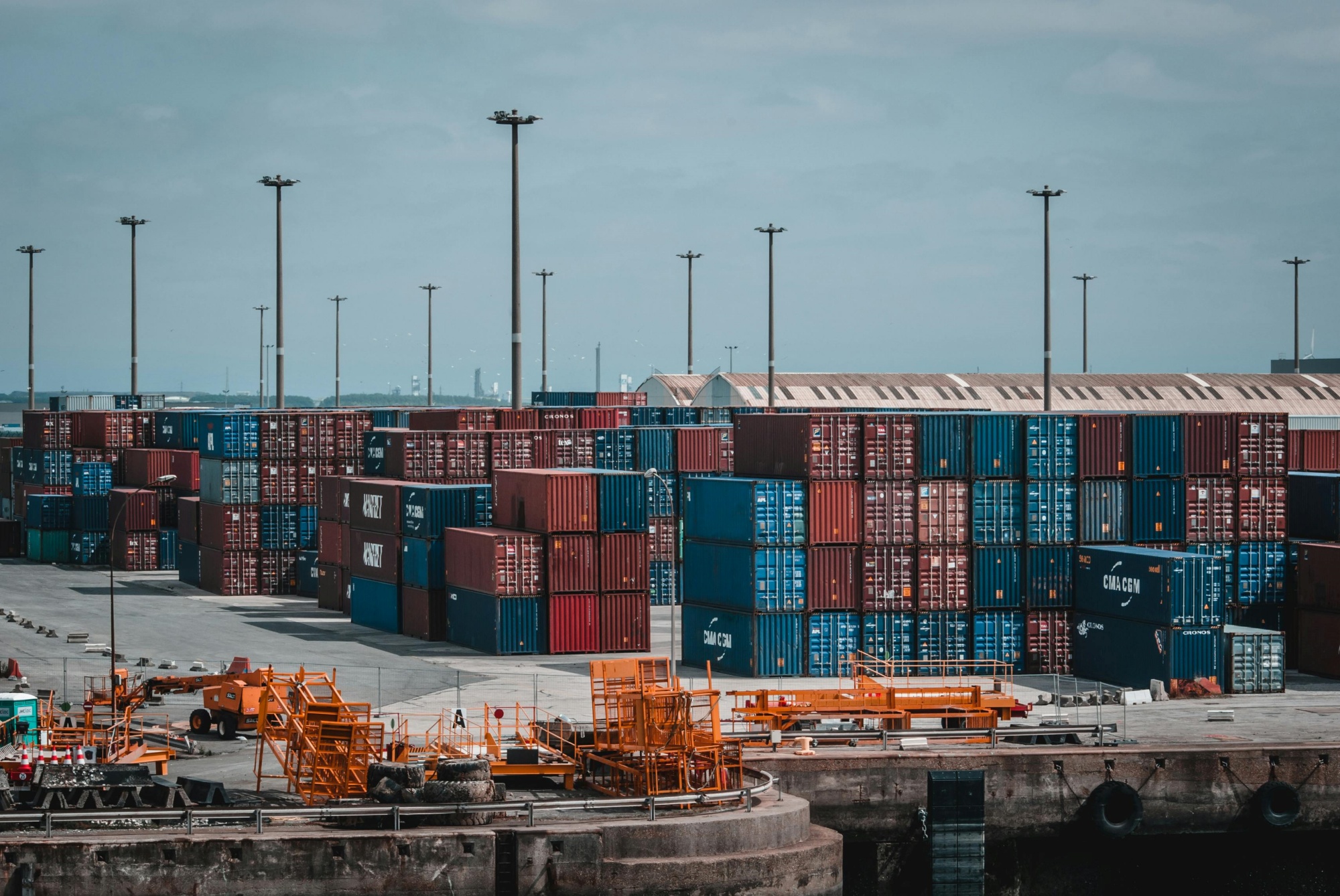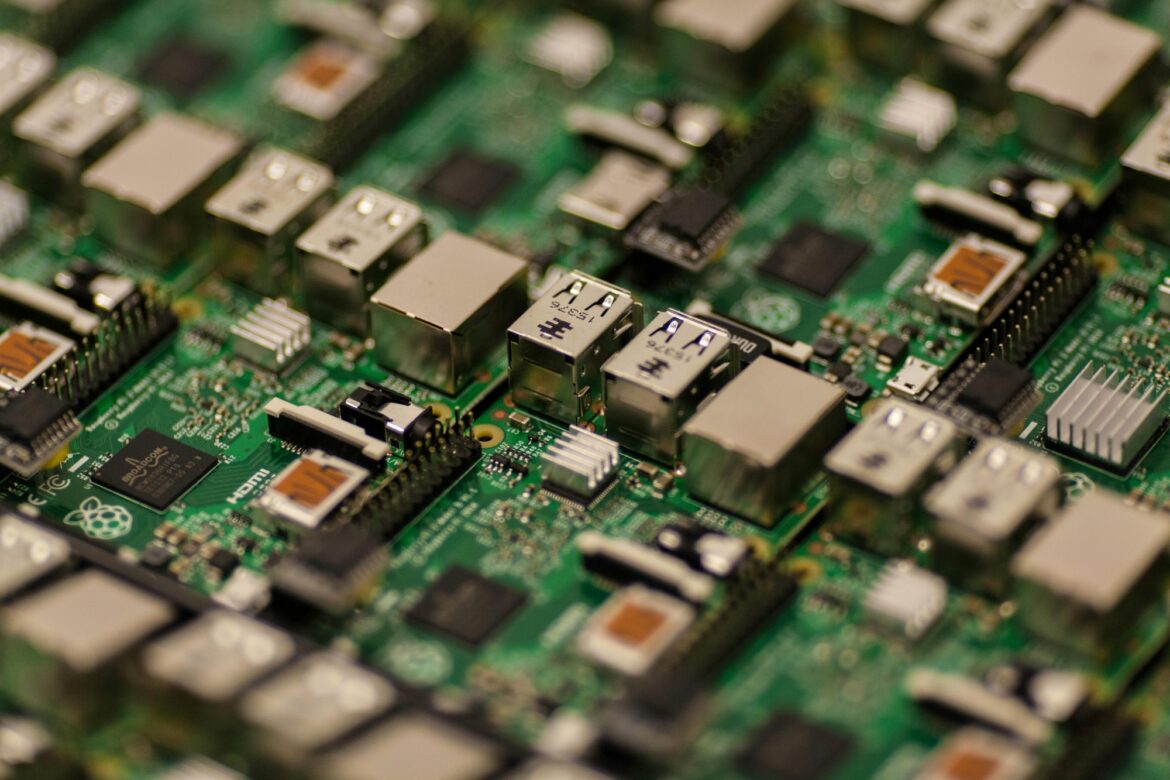The South Korean government announced that it will increase its support package for the country’s semiconductor industry to 33 trillion won (~RM102.6 billion) in response to the increasing uncertainty caused by the US tariffs. Additionally, Seoul will allocate 20 trillion won (~RM61.9 billion) to its financial assistance programme for the chips industry, increasing it from the 17 trillion won (~RM52.7 billion) provided previously.
These measures were reportedly introduced after the government was urged to expand support due to the increasing policy uncertainty brought on by the current US administration, as well as the growing competition from China. Essentially, South Korea’s decision to invest more funds in this sector is meant to assist the companies with the heavier costs while they compete globally.


Semiconductors are a crucial industry in South Korea, with Samsung Electronics and SK Hynix ranking among the world’s top chip makers despite being overtaken by some rivals in areas like chip design and contract chip manufacturing. Last year, semiconductor exports were at US$141.9 billion (~RM625.4 billion), which accounted for 21% of South Korea’s total, according to government data. Additionally, exports to the US amounted to US$10.7 billion (~RM47.2 billion).
On Sunday, US President Donald Trump declared that the tariff rates for imported semiconductors will be announced over the next week. He also added that there would be some flexibility with some companies in the sector, although what that means is unclear for now.


The chips industry is not the only sector to receive support from the South Korean government. Last week, emergency support measures were introduced for the auto sector, which include tax cuts and subsidies to boost domestic demand. This was done to reduce the impact of US tariffs on the sector, which has sharply increased its exports to the US over the years.
(Source: Reuters, The Edge Malaysia)
Follow us on Instagram, Facebook, Twitter or Telegram for more updates and breaking news.

